1. The Pokemon Go Trespassing Lawsuits
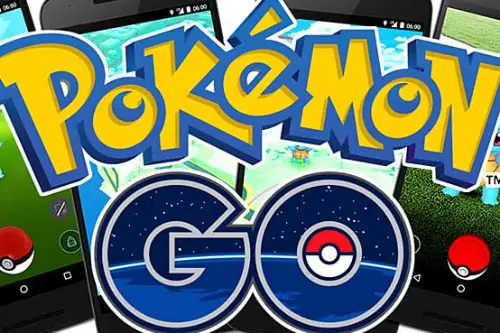
When Pokémon Go launched in 2016, it sent millions of people wandering into streets, parks, and sometimes private property. Unsurprisingly, lawsuits started rolling in from property owners angry that their homes had become unofficial PokéStops or Gyms. One class action lawsuit in New Jersey claimed that the game’s creators had caused a “nuisance” by encouraging trespassing. While no sweeping national law was passed, the suits sparked new conversations about augmented reality and liability.
Legal scholars began examining how virtual elements intersect with real-world property rights. Some cities even passed local ordinances requiring AR game companies to seek permission before placing in-game locations on private land. The case is now discussed in tech law courses exploring emerging technologies. It’s one of the most modern examples of pop culture directly clashing with physical legal boundaries.
2. The “Happy Birthday” Song Lawsuit

You wouldn’t think singing “Happy Birthday” could land you in court, but for decades, Warner/Chappell Music claimed ownership of the song and charged licensing fees. This became a huge issue in pop culture because every time the song appeared in a movie, show, or even at a public event, someone had to pay up. That all changed in 2016 when a federal judge ruled that Warner didn’t actually hold a valid copyright on the lyrics, according to Eriq Gardner from The Hollywood Reporter. This ruling not only freed the song for public use but also clarified the limits of what counts as a copyrightable work.
It was a rare moment where a ubiquitous pop culture staple ended up shaping copyright law in a very public way. The case highlighted how something as mundane as a birthday song could impact free expression and the creative industry. It even led to discussions in legal texts about the scope of “public domain” and retroactive copyright claims. Now, “Happy Birthday” is truly everyone’s song again—and that’s thanks to a court case.
3. The Vanna White Robot Case
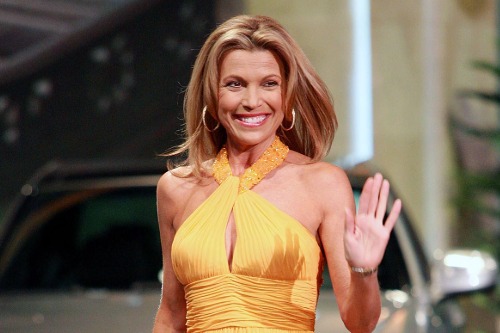
In 1993, Vanna White sued Samsung after the company ran an ad featuring a humanoid robot turning letters on a game show set—a not-so-subtle nod to her Wheel of Fortune persona. She claimed the ad violated her “right of publicity,” even though it didn’t actually show her face or name, according to Justia Law. Surprisingly, she won the case, and the court agreed that her identity had been misappropriated. This expanded the legal interpretation of what it means to use someone’s likeness.
The case is now a classic example in law books dealing with image rights and celebrity identity. It’s frequently cited when courts discuss how far someone’s publicity rights extend, even in the age of parody or satire. What started as a quirky commercial became a landmark ruling on how brands can (and can’t) reference pop culture figures. So yes, a robot dressed like Vanna White helped shape entertainment law.
4. The 2 Live Crew Obscenity Trial
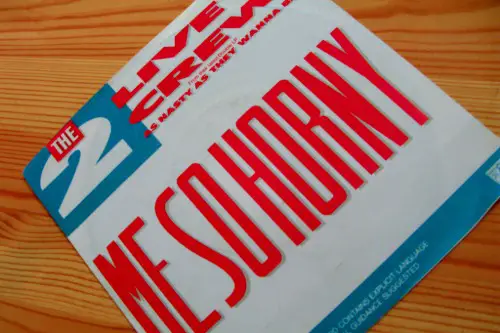
Back in 1990, the rap group 2 Live Crew found themselves in a legal firestorm over their album As Nasty As They Wanna Be, according to Mike Clary from The Los Angeles Times. A Florida sheriff declared it obscene, leading to arrests and a massive First Amendment battle. The case eventually went to the Supreme Court, where the justices sided with the group in Campbell v. Acuff-Rose Music, Inc. in 1994—not just on obscenity but on parody rights, too. This landmark ruling clarified that parody is protected under fair use, even if it’s commercial.
2 Live Crew’s legal battle is now taught in intellectual property and constitutional law classes across the country. Their music may have been controversial, but it opened legal doors for artists to challenge censorship and use satire without fear of litigation. This case fundamentally shifted how courts view artistic freedom in pop culture. Not bad for a rap group who just wanted to make provocative music.
5. The “Blurred Lines” Copyright Case
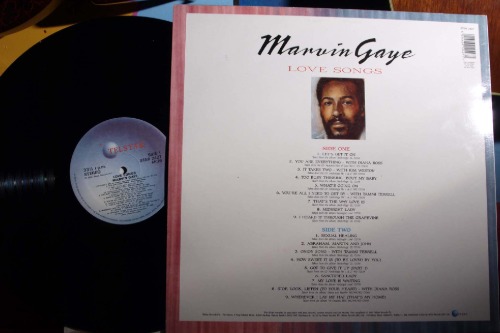
When Robin Thicke and Pharrell dropped Blurred Lines, it instantly became a summer anthem—but it also sparked one of the most controversial copyright cases in music history. The Marvin Gaye estate sued, claiming the track copied the “feel” of Gaye’s 1977 hit Got to Give It Up. In 2015, a jury sided with Gaye’s family, awarding them over $7 million, later reduced on appeal, according to Mark Savage from the BBC. The case broke new ground by focusing on “vibe” rather than specific melodies or lyrics.
This sent shockwaves through the music industry, prompting artists and labels to rethink how they draw inspiration from older songs. The ruling became a hot topic in legal circles and was quickly cemented in entertainment law casebooks. Critics feared it could stifle creativity, while others saw it as a win for legacy artists’ rights. Either way, it changed how the law handles music copyright forever.
6. Janet Jackson’s Super Bowl Wardrobe Malfunction
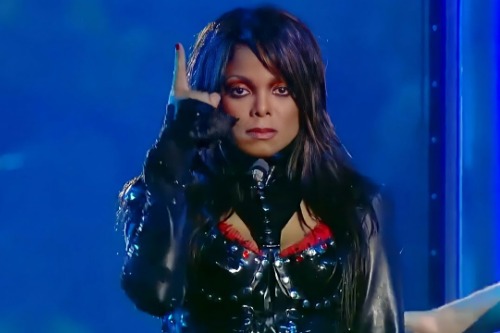
In 2004, Janet Jackson’s infamous “wardrobe malfunction” during the Super Bowl halftime show triggered a national firestorm—and a legal one, too. The Federal Communications Commission (FCC) fined CBS $550,000 for the brief nudity, claiming it violated indecency laws. CBS fought back, and the case bounced through courts until the fine was ultimately voided, according to Daniel Nasaw from The Guardian. The whole ordeal reshaped how live broadcasts are regulated and delayed.
As a direct result, networks began implementing time delays and stricter controls on live programming. The event even led to the creation of the Broadcast Decency Enforcement Act of 2005, which significantly increased the fines for indecent content. It was one of the first times a live TV moment led to actual legislative change. So yes, a half-second of exposed fabric helped redefine broadcast law.
7. The “Napster Effect” and Digital Music Copyright
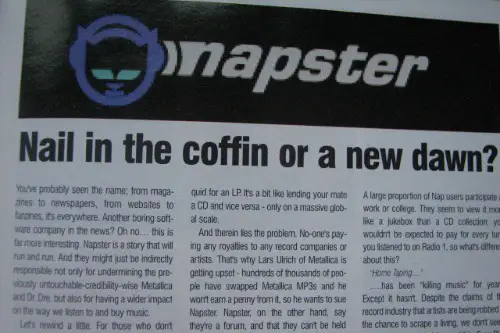
When Napster hit the scene in 1999, it turned the music world upside down by letting users share MP3s for free. Metallica and Dr. Dre were among the first big-name artists to sue, leading to a legal showdown over file sharing and copyright infringement. In 2001, a court ruled that Napster was responsible for facilitating illegal downloads and shut it down. The case completely reshaped the music industry’s approach to digital rights.
Today, it’s referenced in intellectual property law to discuss contributory infringement and the responsibilities of digital platforms. It also paved the way for the creation of legal streaming services like Spotify and Apple Music. What started as a dorm room side project ended up in the legal books as the turning point for copyright in the internet age. Without Napster, we wouldn’t have the digital music ecosystem we have now.
8. The “Hustler Magazine v. Falwell” Parody Decision
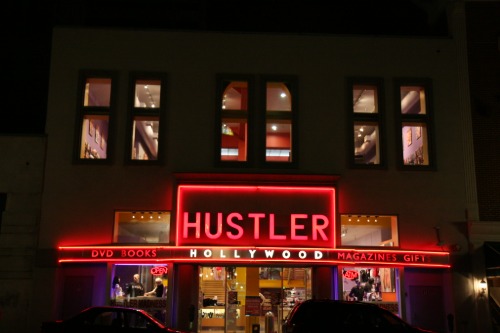
In 1988, the Supreme Court ruled on a landmark case involving a fake ad published in Hustler Magazine that satirized televangelist Jerry Falwell. The parody was crude and wildly inappropriate, but the Court ruled in Hustler Magazine, Inc. v. Falwell that public figures cannot sue for emotional distress over parodies. The decision emphasized the importance of free speech, especially when it comes to satire and parody. It set a clear line between offensive content and legally punishable defamation.
This case is now a staple in First Amendment law and often used to teach students about the protections given to controversial or outrageous speech. It solidified parody as a legally protected form of expression, even if the target doesn’t find it funny. Pop culture and comedy, especially late-night and internet satire, owe a lot to this ruling. Without it, shows like The Onion or SNL might constantly be dodging lawsuits.
9. The James Bulger Case and “Child’s Play 3”
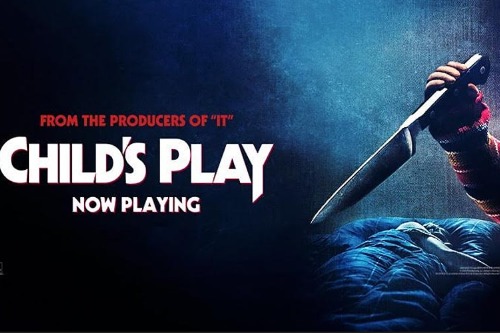
In the early 1990s, two young boys in the UK murdered toddler James Bulger—a horrific crime that stunned the world. During the investigation, the media suggested the film Child’s Play 3 might have influenced the killers, even though no clear evidence supported the link. While this was a UK case, it sparked a global conversation—including in the U.S.—about the impact of violent media on children. U.S. lawmakers quickly took notice, prompting hearings and proposed legislation targeting violent video games and films.
Though no federal law directly resulted from this case alone, it significantly influenced the 1996 Telecommunications Act, which introduced the TV Parental Guidelines and the V-chip. This added new content-rating standards to programming across the U.S. The Bulger case, fueled by a horror movie, forever altered how media violence is regulated and discussed in American homes. It’s a haunting example of pop culture intersecting with public policy.
10. The Elvis Presley Estate vs. Impersonators
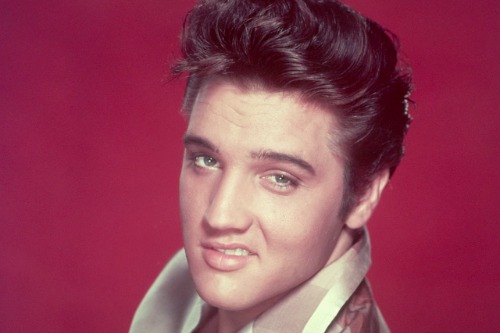
Elvis Presley didn’t just leave behind music—he left behind a cultural army of impersonators. But in the 1980s and ’90s, the Presley estate started cracking down on tribute acts, arguing they were violating the King’s right of publicity. Several court cases resulted, and while most were settled out of court, they pushed legal boundaries around posthumous publicity rights. The state of Tennessee even passed laws to strengthen these rights after Presley’s death.
These legal battles have become part of the broader legal canon concerning the commercial use of deceased celebrities’ images. They’re often cited in cases about holograms, biopics, and AI recreations of famous people. Without Elvis, we might not have the same legal guardrails for controlling a celebrity’s legacy after death. So even from beyond the grave, the King made his mark on American law.
11. The Beastie Boys and Sampling Rights
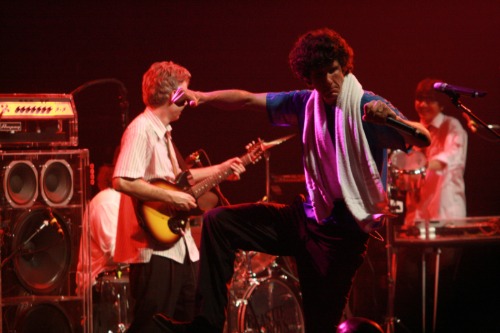
In the 2014 case Beastie Boys v. Monster Energy, the group sued the company for using their music in a promotional video without permission. The jury sided with the Beastie Boys and awarded them $1.7 million for copyright infringement and false endorsement. The case was notable because it involved the use of music in commercial content, rather than sampling in other songs. It reinforced the idea that even brief clips require explicit licensing.
It also drew attention to how artist rights work in the digital advertising age. The Beastie Boys had long been outspoken about not allowing their music in ads, so this case became a kind of symbolic stand for artistic integrity. Today, the ruling is part of the discussion around music licensing and brand partnerships. It showed that even in a remix culture, copyright still has teeth.
12. TikTok and the Montana Ban

In 2023, Montana became the first U.S. state to ban TikTok outright, citing national security and data privacy concerns tied to its Chinese ownership. The ban quickly prompted a lawsuit from TikTok users and the company itself, arguing it violated First Amendment rights. The law was ultimately blocked by a federal judge before it could go into effect, but it raised serious questions about digital expression and government overreach. It’s still working its way through the courts and could set a precedent on how far states can go in controlling tech platforms.
This case is already being discussed in legal circles as a test of digital free speech and state power. It’s also being used in law schools to explore how governments regulate global tech in a constitutional framework. Though it’s a modern saga still unfolding, it shows how a viral video app became central to a national legal debate. Pop culture doesn’t get much more real-world impactful than that.


